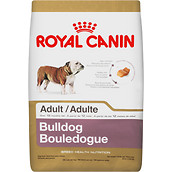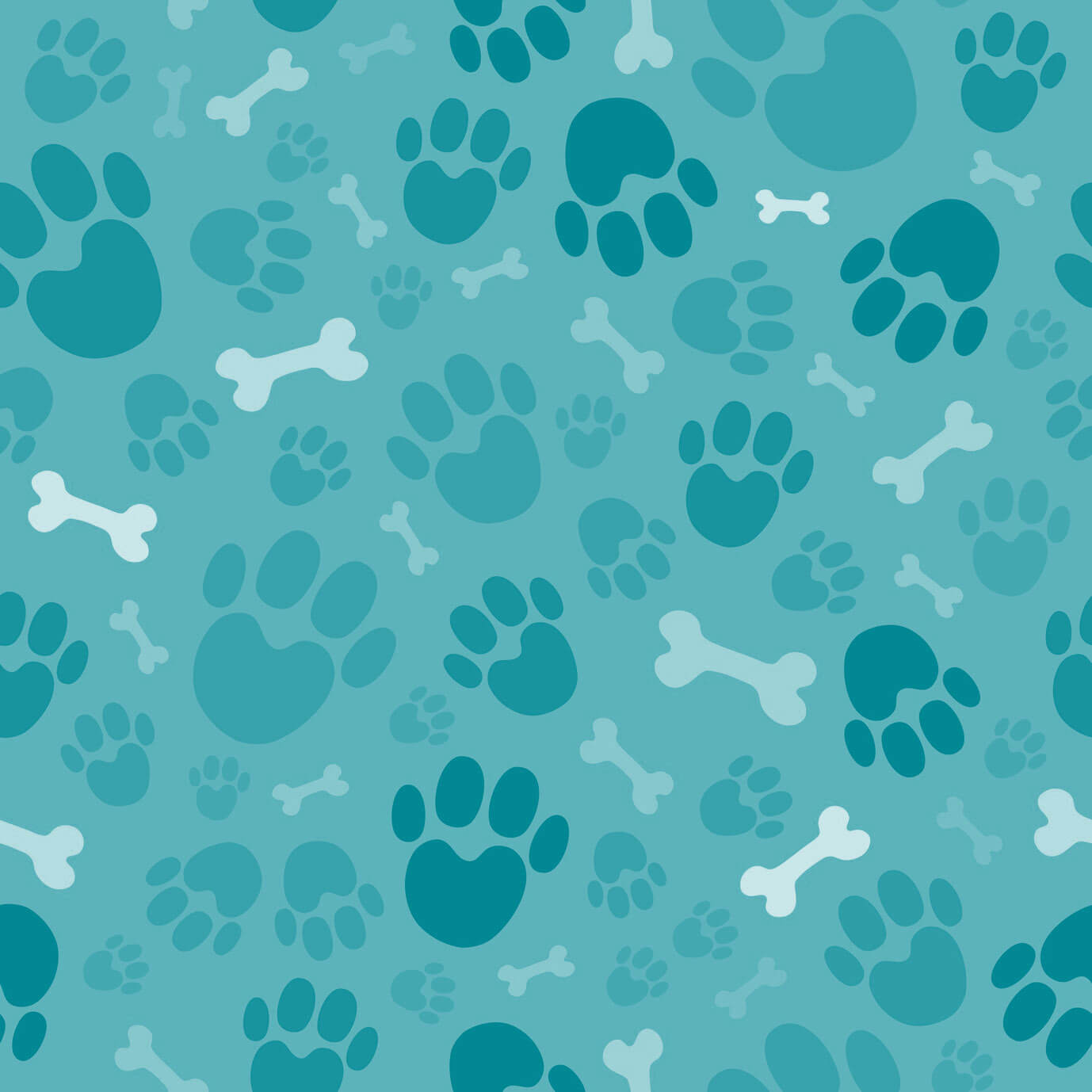What Is The Best Dog Food For A Bulldog?
Today’s Bulldog is decidedly different from the dog that was once used for bull and bear baiting in Olde England. Kind, peaceful, and gentle, the Bulldog is a beloved family companion today. Medium in size, the breed still tends to be quite muscular. Bulldogs often have issues with hip dysplasia.
Disclosure: Please note that this post contains affiliate links, which will direct you to our partner sites. If you purchase the pet foods we recommend through those links, we may earn a small commission – at no extra cost to you.
Nutritional Needs
Bulldogs typically weigh between 40 and 50 pounds. Although they can appear a little comical, they are actually quite muscular. They love to cuddle and they will happily be lapdogs if you let them, despite their size. According to owners and breeders, it is not unusual for Bulldogs to have a sensitive digestive system, allergies, and flatulence. We’ve already mentioned the breed’s issue with hip dysplasia. According to the Orthopedic Foundation for Animals, nearly 74 percent (73.9) of Bulldogs tested over a 30-year period have had some degree of hip dysplasia, making them the top breed for this problem. Bulldogs also tend to grow and develop very slowly. A Bulldog may not reach full physical maturity until she is 2 ½ years of age.
Bulldogs are not the most active breed – they are brachycephalic (short-nosed) which makes too much exercise problematic, especially in hot or humid weather. But they do require regular daily exercise, like most dogs. According to the National Research Council of the National Academies, an active adult Bulldog weighing 50 pounds requires an average daily caloric intake of about 1358 calories. Dogs that have been spayed/neutered, or that are older, may need fewer calories. Some dogs may need more calories depending on their level of activity and their individual metabolism. Growing puppies, for example, consume more calories than adult dogs and so do young adult dogs. A young adult Bulldog weighing about 50 pounds, for example, would need about 1451 calories per day. However, if your Bulldog tends to lie around the house all day and gets very little exercise, he would probably need fewer calories.
Protein is very important for your Bulldog’s diet. The Association of American Feed Control Officials (AAFCO) recommends a minimum of 22 percent protein for growth (puppies) and 18 percent protein for maintenance in adult dogs. These percentages are recommended for dogs in general. Most good quality dog foods will exceed these percentages. Fat is an important source of energy for dogs and should comprise at least 8 percent of the diet for Bulldog puppies and 5 percent of the diet for adults. Most dog foods today have more fat than these percentages. Fat also adds flavor to dog food and makes it very appealing to your dog.
Since Bulldogs grow slowly and are inclined toward hip dysplasia, this would be a breed where puppies could benefit from eating a large breed puppy food. These puppy foods pay special attention to the calcium to phosphorus ratio in the food and keep the protein and calories slightly lower to encourage slow grow. Research has shown that this is better for breeds that are inclined toward arthritis and joint problems later in life. You can start making the switch to feeding your puppy an adult dog food once he has reached about 90 percent of his adult size.
Special Issues
Hip dysplasia, allergies, sensitive digestion, flatulence – this can be a challenging breed to feed. Feed puppies for slow growth. If your Bulldog develops any food allergies or sensitivities, try to pinpoint the allergens. Work with your veterinarian to identify them and avoid them in the dog food you choose. If your dog has sensitive digestion instead of full-blown allergies, you can probably feed one of the good sensitive digestion dog foods on the market.
If your dog does have sensitive digestion, you may want to avoid ingredients like corn, wheat, and soy, as well as added colors and artificial flavors and sweeteners. Artificial preservatives can also cause problems. Depending on what your dog is sensitive to, dairy, chicken eggs, and some meat proteins can also be problems.
Ingredients To Look For
Protein and fat are the main ingredients in the diet for a Bulldog, as they are for most dogs. However, not all protein and fat are the same. Protein and fat need to come from good ingredients. For example, both shoe leather and steak contain protein but there’s a big difference in the nutrition they provide.
Ideally, a good dog food features a couple of meat proteins in the first 5-7 ingredients. Both whole meats and meat meals are good sources of protein. Whole meats refer to foods such as whole chicken, fish, beef, and lamb. However, whole meats contain lots of moisture. Animals are about 70 percent water, just as humans are. If the water from these meats were removed, they would normally be placed lower on the ingredient list. This is because dog food labeling is required by law to list ingredients by weight before cooking. Some people don’t like meat meals as much as whole meats but they are a concentrated form of the meat in which the moisture has been removed. They contain several times as much protein as a whole meat. Meat meals are usually very good as one of the first ingredients in a premium quality dog food. They are used by many good dog food brands.
Dogs also need good sources of fat. Some vitamins are only fat-soluble and your dog needs them in his diet. But fat, like protein, varies in quality depending on the source. You should look for named fat sources such as chicken fat. Other named fats also provide needed nutrients such as fish oil which can provide omega-3 fatty acid to help keep the skin and coat healthy.
Recommended Brands of Food
All of the foods listed here are good dog foods. We have listed a variety in case your dog has certain issues or you have preferences about what you like to feed. The foods also vary in price.
| Best Dog Food For Bulldogs 2016 | ||
| #1 | #2 | #3 |
 |
 |
 |
| Royal Canin Bulldog Breed Specific Where To BuyRead Reviews |
Purina Pro Plan Sensitive Skin & Stomach Where To BuyRead Reviews |
Acana Duck & Bartlett Pear Where To BuyRead Reviews |
Fromm, Artemis, and Nature’s Variety are also brands you might check out.
Of course, every dog is unique so it’s hard to predict if a dog will like a food or not. And some dogs will do better on a food than others will. If your dog doesn’t like one of these foods, he might like another food in the same product line, made with a different kind of meat or other ingredients.
Bulldogs can enjoy their food a little too much at times so we recommend that you measure the portions you feed and only leave the food sitting out for about 20-30 minutes. Then put it away. We do not recommend free feeding your Bulldog. If you leave food sitting out all the time, most dogs will nibble at it all day and they can become overweight or obese. We also recommend feeding adult dogs two meals per day in most cases. Feed puppies about three meals per day until they are old enough to switch to an adult schedule.









Ok, this is for English bulldogs… What about american bulldogs? As I posted under the large breed area…. Americans bulldogs need to be in the large breed category once you guys get to it. The bulldog u guys have here in medium is the English… And the French bulldog would be under small.
Everyone I’ve talked to (and from personal experience) bulldogs have trouble digesting chicken and poultry, yet you don’t mention this in your article. Do you have any recommendation on the type of protein that is best suited to bulldogs?
Royal Canin for an English Bulldog? Have you read the ingredients that comes in that bag? You may want to have a look!!!
My 5 yr old female english bulldog poops too much and is hard to house break , her poop is well formed but very frequent. She has been on Nutra Source.